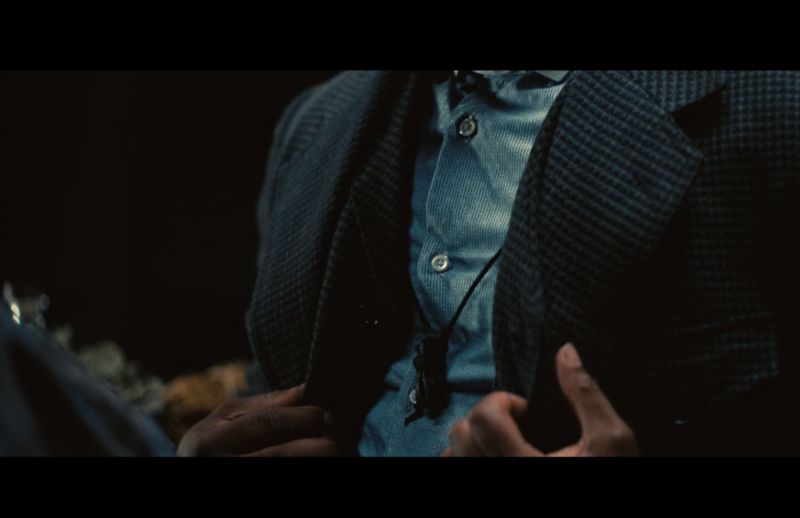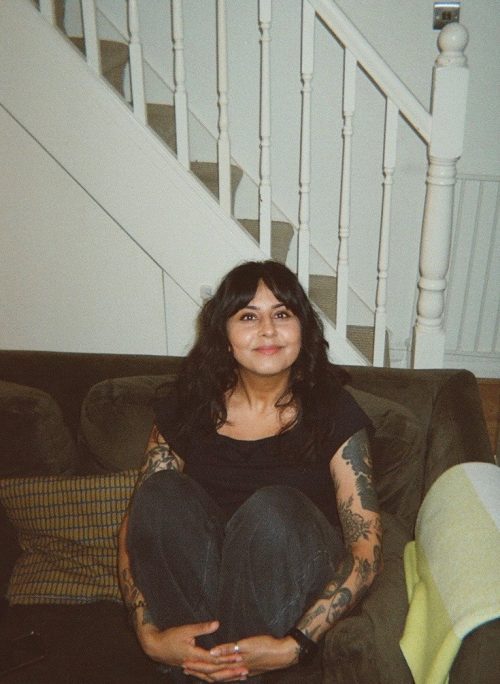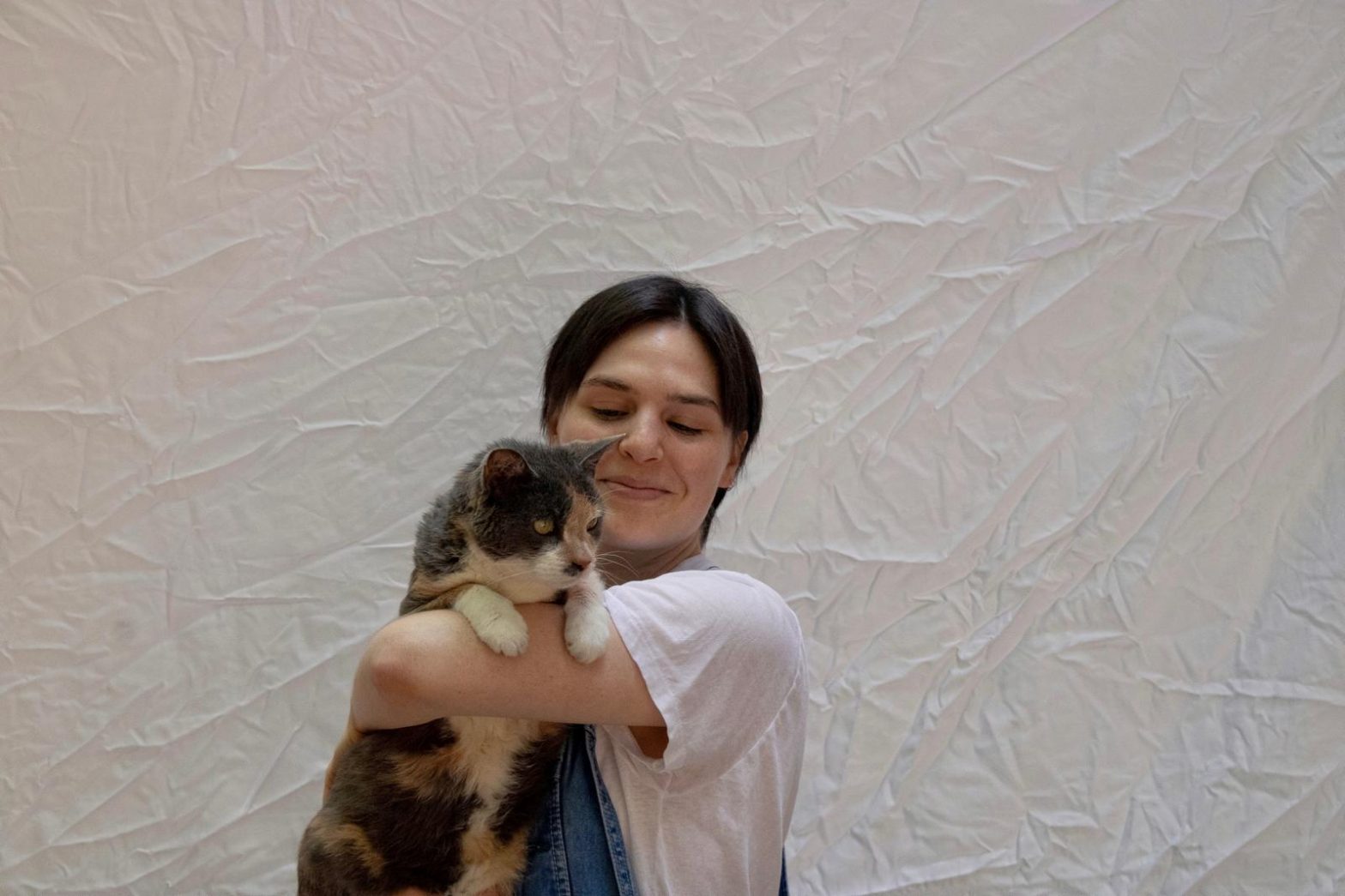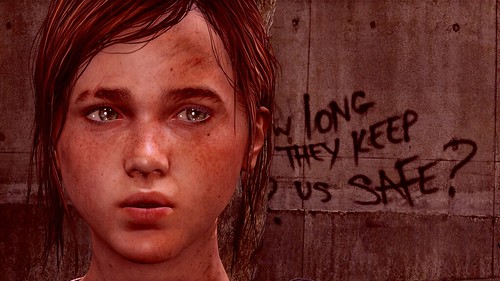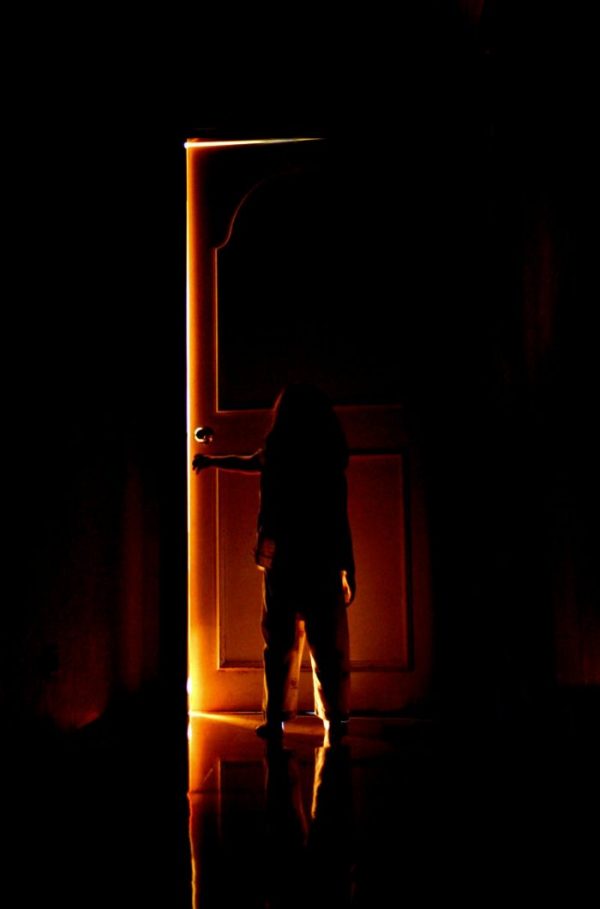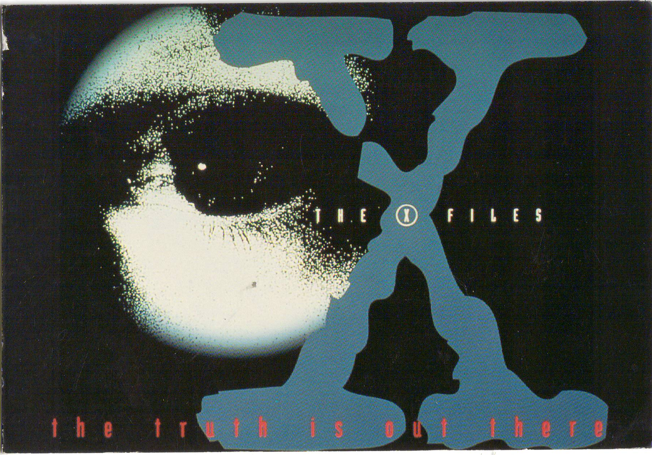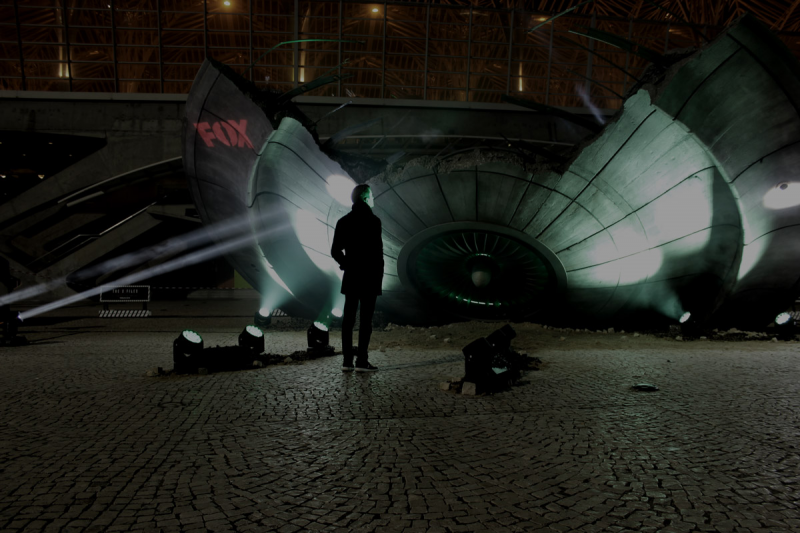In Studies in the Fantastic 20, Brenton Boyd identifies a queer aesthetics of conjure in Ryan Coogler’s Best Picture nominee “Sinners.” Find this review and more in our forthcoming issue, April 2026!
Category: Studies in the Fantastic
Rivers of Blood: Racial Capitalism and the Emergence of the British Asian Vampire
Studies in the Fantastic, in partnership with the Horror Studies Research Group at Northumbria University, is proud to present the second in a series of blog posts highlighting new and exciting research in horror studies. Ami Nisa received Honorable Mention for the Peter Hutchings Award for Outstanding Contribution to Horror Studies, which recognizes the best new work presented at the Horror Studies Now annual research conference. Her essay explores the figure of the vampire in contemporary British Asian culture and politics.
The Anthropocene Unconscious of Jerry London’s Killdozer (1974)
Studies in the Fantastic, in partnership with the Horror Studies Research Group at Northumbria University, is proud to present the first in a series of blog posts highlighting new and exciting research in horror studies. Sophie Dungan, the first of our featured authors, is runner-up for the Peter Hutchings Award for Outstanding Contribution to Horror Studies, which recognizes the best new work presented at the Horror Studies Now annual research conference. Her project, “The Anthropocene Unconscious of Jerry London’s Killdozer (1974),” brings a crucial environmental perspective to the monster flick.
Wallowing in Blood: THE LAST OF US Franchise and How Not to Imagine Otherwise
This article is not about how the television adaptation of The Last of Us stands as an allegory for the way that the COVID-19 pandemic unfolded in the U.S. Rather, I theorize that the show’s abiding grimness, an outgrowth of the second game in the franchise, serves as representation and reinforcement of the deep and persistent ableism inherent in late capitalism, which unfortunately was only exacerbated by the global disabling event of the ongoing COVID-19 pandemic.
THE LAST OF US, Fungal Entanglements, and Theorizations of Disability Representation
Mainstream narratives rarely focus on “the promises of monsters” envisioned by feminist theory (see, for instance, Donna Haraway’s work) or disability theory’s reclaiming (for instance in Robert McRuer’s and Rosemary Garland-Thomson’s work) of concepts which historically carried negative connotations like “crip” or “freak,” but representations of disability in the context of horror media must also contend with the problem of how disability has been framed in horror texts.
Beholding the Cockroach
It was a paranormal mystery series studded with conspiracy, violence, and darkness, but The X-Filesalways shone brightest to me when it did comedy. “War of the Coprophages,” a season three monster-of-the-week tale of killer cockroaches from outer space (or are they?), is a case in point.
Twilight Time
For years I have thought that William Gibson is our most insightful fiction writer on material things and what it is like to live with them, but also, and not paradoxically, on immaterial things and what it is like to live with them. The same writer who gave us “cyberspace” (the term, and also the first visions of what it could be like, in the 1984 Neuromancer) also gave us a Japanese reproduction of an American bomber jacket so lovingly described that readers got emotional when an antagonist made a hole in it with a lit cigarette (in 2003’s Pattern Recognition).
The Truth Is Nowhere
The X-Files episode “Jose Chung’s From Outer Space” is an exercise in metafiction that reflects the 1990s withdrawal into private subjectivity. The episode is framed by the title character’s investigations into what appears at first to be an alien abduction. Novelist Jose Chung (Charles Nelson Reilly) interviews Dana Scully for his book—From Outer Space—which he touts as the first “nonfiction science fiction.”
You Can’t Go Home Again
By Yuly Restrepo Garcés “Home,” the second episode of season four of The X-Files, and one of its most controversial, makes its intentions known from its first sequence: a disturbing home birth during a dark and stormy night is quickly followed by the burial of the baby, who is born with so many deformities that its survival will… Continue reading You Can’t Go Home Again
Sneak Peak: Studies in the Fantastic No. 16
Our editorial board member and regular contributor Christina Connor sat down (virtually!) for an interview with Tananarive Due, author of the 2023 World Fantasy Award-winning short story “Incident at Bear Creek Lodge” and the new hit novel The Reformatory (2023). They discussed Due’s process of becoming a horror writer, the use of fictional horror as a way to… Continue reading Sneak Peak: Studies in the Fantastic No. 16
